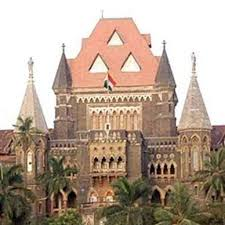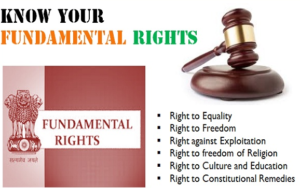Powers and Functions of Supreme Court in India: As a Federal Court: Article 131 of the Indian Constitution vests the SC with original and exclusive jurisdiction to determine the justiciable disputes between the Union and the States or between the States. As a Guardian of the Constitution: The Supreme Court is the protector and guardian […]









